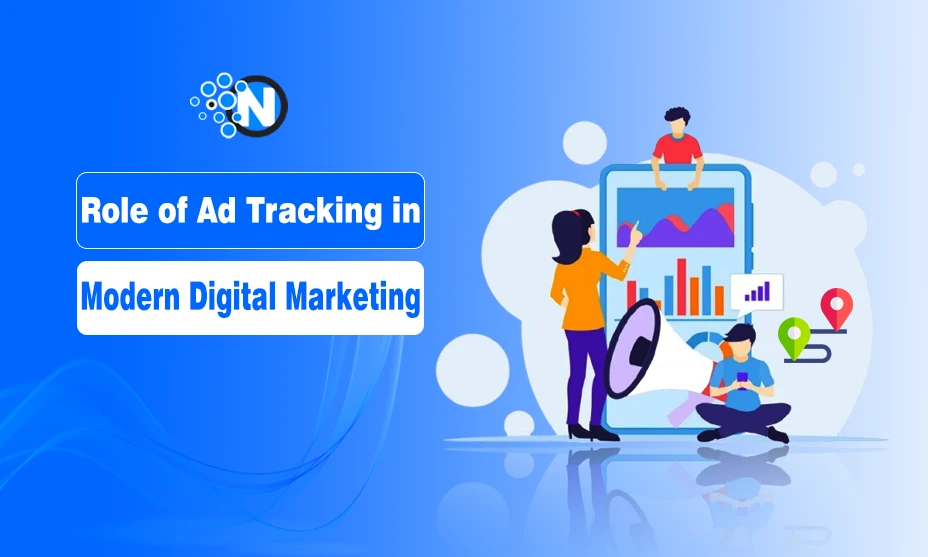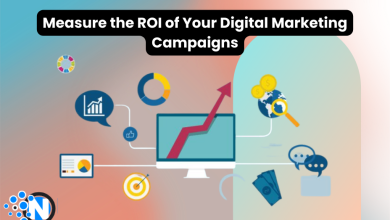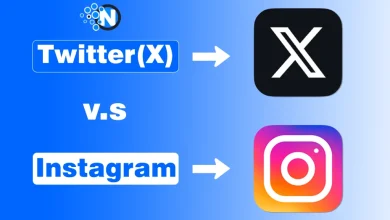The Vital Role of Ad Tracking in Modern Digital Marketing

In this highly competitive digital landscape, implementing smart ad tracking is no longer a “nice-to-have” but a fundamental necessity for the success of any data-driven marketing strategy.
As consumers grow increasingly selective of the content and ads they engage with, understanding detailed audience behavior through tracking becomes vital to create targeted messaging.
It empowers brands to optimize budgets, demonstrate tangible returns and sustainably scale up campaigns.
In this blog post, let’s discuss why ad tracking is invaluable in modern contexts!
The Advantages of Ad Tracking in Digital Marketing Strategies
In an always-connected world, digital advertising provides matchless exposure on platforms with billions of active users globally.
To cut through the noise, metrics-focused tracking enables creating relevant marketing content aligned to audience interests.
Beyond vanity metrics of impressions and clicks, monitoring metrics like sales or email sign-ups allows continually refining campaigns for efficiency and desired outcomes.

Google Ads Conversion Tracking
Advanced tracking provides clarity on which platform-based ads are driving targeted conversions versus just site visits.
Monitoring conversion metrics sheds light on the true return from ad spend and opportunities to optimize. From analysing cost per conversion, conversion rates, to attribution models, data illuminates effective influencers.
These actionable insights guide budget allocations towards well-performing platforms and campaigns for amplifying returns on Google ads conversion tracking.
Identifying Key Advertising Metrics
While conversion tracking demonstrates income generated from ads, several supplementary metrics provide a holistic view. Monitoring metrics like:
Traffic Volume: Recognizing spikes and trends helps identify emerging or seasonal opportunities. It determines budgets needed to maximize returns from increased traffic.
Cost Per Acquisition (CPA): How much spends translates to a conversion? Lower CPAs signify greater campaign efficiency.
Return on Ad Spend (ROAS): What is the revenue or conversion value generated for money invested in ads? Higher ROAS conveys healthy positive returns from spends.
Tracking such KPIs with conversions presents a complete picture for optimizing digital strategies. Rather than merely increasing conversions, balancing conversion quality and cost factors is ideal for returns.
Strategic Methods for Efficient Ad Tracking
With tracking metrics and parameters clearly outlined, what techniques can actually capture this data accurately? Let’s explore popular tracking mechanisms:
Tracking Pixels and Cookies
Tracking Pixels are tiny image files embedded in ads/web pages, while cookies are small data parcels stored on visitors’ browsers. Both record user interactions with content to enable:
- Granular analysis based on location, device, frequency etc.
- Building detailed audience interest profiles for customized brand messaging.
However, adopting tracking pixels/cookies calls for clearly communicating benefits of data usage to visitors and providing opt-out alternatives. As personalization grows popular, brands must be transparent on gathering only appropriate, consented data.
URL Tracking
Assisting cross-channel campaign measurement, unique tracked URLs are tagged to content across platforms like social media, emailers and ads. They report back key metrics on audience behavior such as:
- Traffic origins and volumes from different channels.
- Click-through and bounce rates for engagement analysis.
- Conversions by source for determining highest performing channels.
These insights surface the best platforms for prioritizing marketing spends and strategy revisions. URL tracking is relatively straightforward to incorporate across channels while requiring minimal technical complexity compared to cookies or pixels.
How to Overcome Tracking Challenges
Despite the benefits, the status quo faces increasing complexity from privacy-focussed developments:
No Clear ROI and Data Misuse
With rising awareness on technological capabilities, audiences recognise their browsing data powers personalized communication. However, perpetual tracking also fuels perceptions of exploitation without consent.
Metrics on clicks and views pose ambiguity on definitive interest and intent. Users are increasingly wary of data usage policies where benefits exchanged are unclear.
Regulations by authorities also aim to protector consumer privacy unless explicit permissions are sought. All these make unbiased measurement of ad tracking ROI difficult while risking negative brand perception or even penalties in severe misuse cases.
Ad Blockers and Reduced Reach
Enabling custom ad exposures, tracking mechanisms like cookies are now commonly blocked by popular browser extensions.
For example, Google Chrome has easy-to-install extensions like uBlock Origin that block ads and tracking cookies by default unless tweaked otherwise.
With a sizable chunk of audiences enabling ad blockers, brands face significant impediments in targeting desired segments. This shrinks campaign reach dependent on tracking while raising acquisition costs.
Future Focus Areas
While integral today, the future of maintaining profitable tracking-based platforms could necessitate strategic shifts. Here are some focus areas:
Expanding First-Party Data Initiatives
Rather than entirely relying on external ad platforms for audience data, marketers should pursue expanding propriety data sources.
Visitor registrations, product preferences and survey feedback constitute rich first-party data for segmentation and personalization. Developing owned data assets will mitigate future disruptions in tracking on external channels.
This proactive data gathering also allows customized experiences aligned to demonstrated user preferences rather than assuming interests purely from tracking.
Testing Contextual Advertising Approaches
An emerging alternative to behavioural tracking is contextual advertising based on real-time content relevancy. Using AI and NLP, contextual data points like searched keywords, webpage topic and meaning are used for ad placements.
While nascent, this preserves user privacy while still optimizing engagements. Testing its effectiveness can future-proof tracking efforts against further regulatory or technology changes.
Best Practices for Implementing Ad Tracking
While intricate algorithms govern modern ad platforms, marketers still control maximizing returns through tracking optimally.
Here is a quick checklist covering the essentials:
- Clarify Tracking Goals: Finalize key metrics aligned to campaign objectives for direction. Common goals include improved lead generation, newsletter sign-ups, app installations etc.
- Select Platform Capabilities: Audit channel features on metrics and attribution models available to confirm fit. Exercise caution before committing to inconsistent tracking of budgets.
- Integrate Ad Tech Stack: Ensure marketing tools seamlessly share data with analytics platforms. Eliminate siloed efforts for better optimization.
- Continually Adjust Campaigns: Measure performance at regular intervals, A/B test new targeting parameters and reallocate budgets dynamically aligned to returns.
Closing Thoughts
As digital marketing investment continues rising exponentially, demonstrating returns through advanced tracking is non-negotiable.
Used responsibly, ad tracking provides an unmatched feedback channel on audience interests. It enables continually crafting relevant communication that evolves alongside dynamic preferences.
Hopefully, these best practices will provide a blueprint for elevating data-backed marketing skills and sustainable growth in the digital age!




